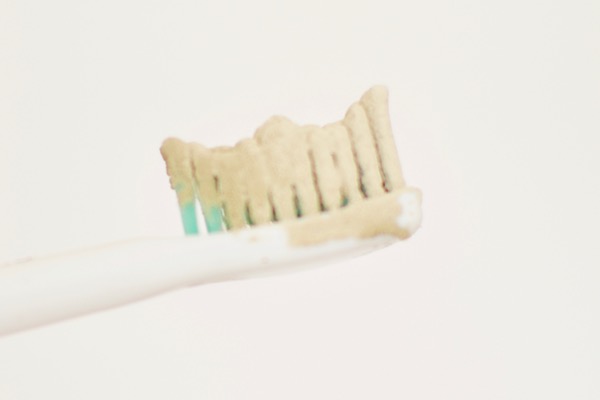As if PMS wasn’t bad enough…
PMS is the time of the month every woman (and a lot of their partners and spouses) have come to fear. Between the cramps, bloating, mood swings, acne, aches and pains, and digestive problems, there are few times of life LESS enjoyable than PMS.
But did you know that very aggressive PMS may be the result of a parasite found in cats? If you have a cat, it may be the reason why…
According to a study from Juarez University in Mexico, aggressive PMS symptoms may be caused by toxoplasmosis gondii, a parasite carried by cats. The research found that women with very strong, severe PMS symptoms—including depression and anger—may have the parasite in their bloodstream. How scary is that?!
The toxoplasmosis gondii parasite has been linked with other serious psychological symptoms, including aggression, anxiety, and even schizophrenia. So is it any surprise that the parasite can cause other psychological or emotional symptoms?
Don’t be fooled: those cramps or bloating that come with PMS aren’t the result of the parasite. The toxoplasmosis gondii parasite will really only affect your BRAIN. It’s going to lead to stronger emotional and psychological symptoms, including anger and depression. The rest of the symptoms are just your body doing its thing (painfully!). The toxoplasmosis gondii parasite is really only responsible in cases of Premenstrual Dysphoric Disorder (PMDD), a form of very severe PMS with strong psychological and emotional symptoms.
READ MORE: Parasites at Spas: What You Need to Know
PMDD is more than just regular mood swings—it’s characterized by extreme anxiety, anger, persistent depression, sleeping difficulties, and low self esteem. When the Mexican scientists took blood samples of the women suffering from PMDD, 10 out of the 151 (over 7%) were carrying the toxoplasmosis gondii parasite in their bloodstream. Not only was the PMDD stronger in the women with the toxoplasmosis gondii parasite, but they were NINE TIMES more likely to feel out of control or overwhelmed by their lives.
Granted, 151 people isn’t a very large sample, and certainly not large enough to make an official conclusion. However, it does give a very clear understanding of how the toxoplasmosis gondii parasite can affect the human body. It can do more than just cause psychological and emotional problems—it can actually amplify existing problems.
Does this mean getting rid of your cats will make the problem go away? The answer is probably not.
Not all cats are infected by the toxoplasmosis gondii parasite—in fact, it’s far less common among cats than you’d expect. It’s mostly found in cat litter, often the result of the cat eating a mouse that was infected with the parasite. However, it can also be found in food contaminated with a wide range of fecal matter.
If you’re worried about exposure to toxoplasmosis gondii, perhaps it’s time to take your cat to the vet to get tested. There is a very simple test that can be done to determine whether or not your cat has this parasite. If they do, it is fairly simple to treat.
Even if your cat doesn’t have the parasite, it’s still best to be careful when handling cat litter. The parasite can cling to your hands, and if you don’t wash your hands before you eat, you run a very serious risk of being contaminated.
And if your symptoms of PMS get out of control, it’s a good idea to talk to your OB/GYN about how to manage them. PMDD can be a very serious problem, so you need to take steps to deal with it.









